Delaware Prosperity Partnership

May 1, 2024
Delaware Retains Triple-A Bond Rating

April 29, 2024
Sustainable Infrastructure
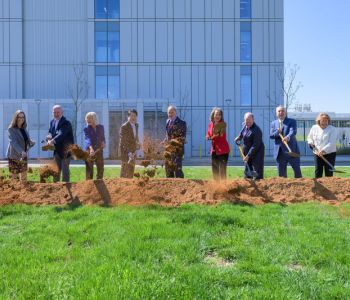
April 26, 2024
UD Hosts SABRE Center Groundbreaking
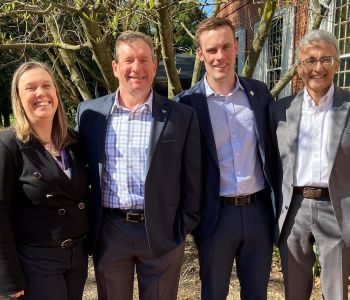
April 24, 2024
PSI Will Expand in Newark, Delaware
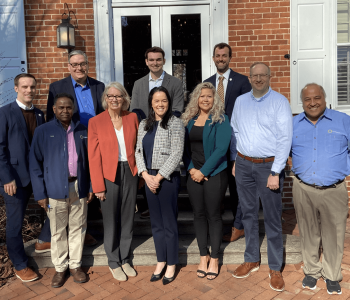
February 26, 2024
FFI Ionix Chooses to Expand in Delaware
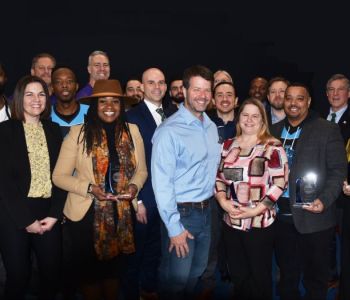
February 9, 2024
DSB Names Latest EDGE Grant Winners

February 2, 2024
New Business Dean Has Big Plans at UD
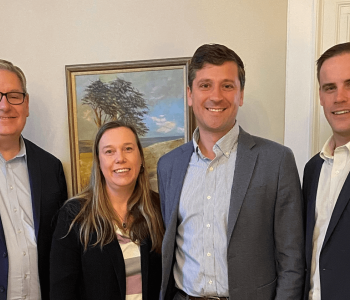
January 29, 2024
Compact Membrane Systems Chooses Del.
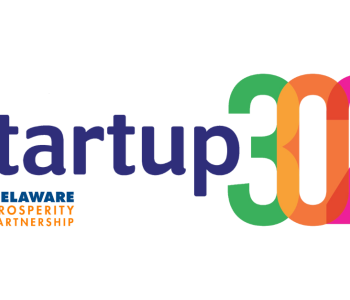
January 12, 2024
Startup302 Entries Extended Through 2/4

December 22, 2023
Novo Fintech Firm Chooses to Grow in DE
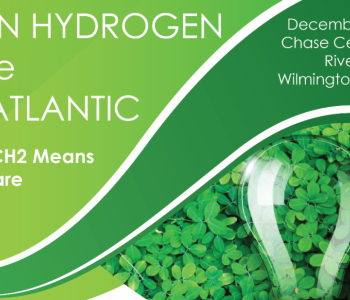
December 22, 2023
Delaware Hosts Hydrogen Hub Conference
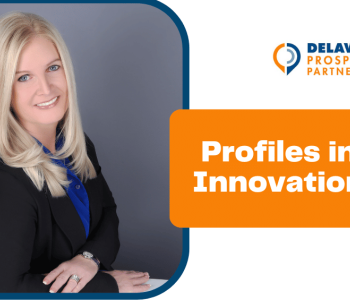
December 18, 2023
Laura Randa, CEO & Chair of Toivoa























